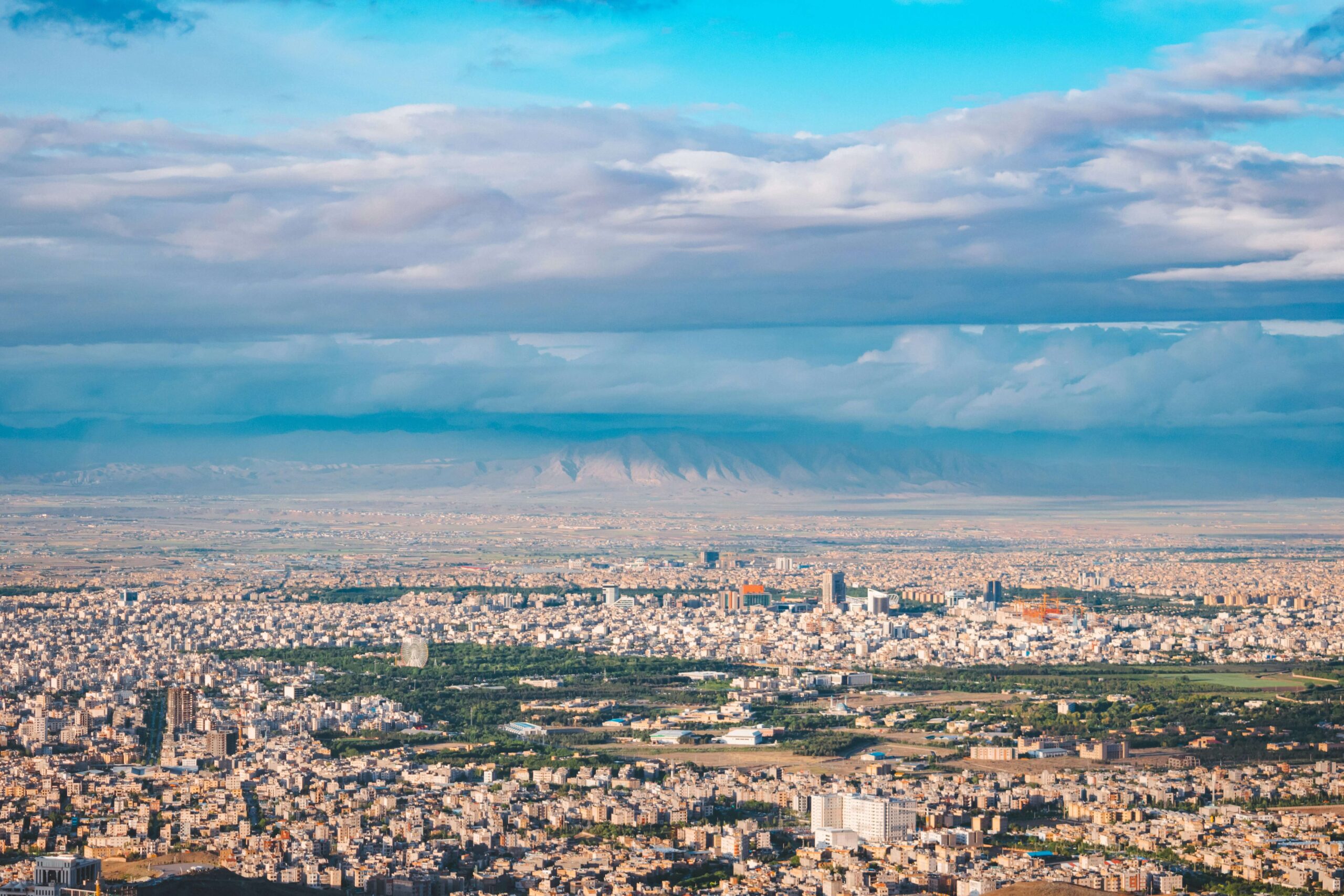Syria is slowly re-emerging as an investment destination, with opportunities in sectors such as infrastructure, agriculture, energy, and technology. Yet for all the potential, the risks cannot be overlooked. Years of conflict, ongoing sanctions, and fragile institutions create challenges that investors must prepare for before entering the market. Understanding these risks is critical to making informed decisions and protecting long-term investments.
Why Are Risks Important to Consider?
Every investment market carries risk, but Syria’s case is unique due to its recent history of conflict and international isolation. Risks in Syria extend beyond the usual business challenges of competition and market entry; they include political instability, fragile infrastructure, complex regulations, and restrictions on finance. Investors who recognise and plan for these realities are better positioned to balance risk with opportunity.
Political and Security Risks
Syria’s political environment remains unpredictable, and this has direct consequences for investors. While some regions have stabilized, others continue to face unrest. Limited government control in certain areas, the potential for renewed conflict, and overall security concerns make it difficult to guarantee the safety of assets and staff.
How Can Political Risk Affect Business?
Unstable conditions can delay projects, increase operational costs, and create uncertainty for long-term investments. Companies may need to allocate resources to security planning, insurance, and risk assessments before committing funds. Without these precautions, projects could face disruption or even collapse.
Legal and Regulatory Uncertainty
Syria’s regulatory framework is in transition, with laws being revised to encourage investment. However, the system remains complex and inconsistent. Investors face challenges in understanding business registration requirements, licensing procedures, and property rights. Regulations may also change without warning, making it harder for foreign businesses to plan ahead.
Why Is Legal Compliance a Challenge?
The lack of clarity in laws increases the risk of non-compliance, which can result in fines, delays, or disputes. For international investors, repatriating profits or setting up joint ventures may be more complicated than expected. Working with local legal advisors is crucial for reducing uncertainty and protecting investments.
Financial and Banking Restrictions
The Syrian banking sector is still recovering from years of sanctions and limited access to international financial systems. Credit is scarce, and transferring funds across borders remains difficult. Currency fluctuations and inflation add another layer of risk, eroding profit margins and increasing the cost of operations.
What Does This Mean for Investors?
Businesses may find it difficult to secure loans or move money in and out of Syria, forcing them to look for alternative financing options. Joint ventures with local partners, regional financing, or private equity funds may be required to overcome these limitations. Investors must also plan for inflation when forecasting returns.
Infrastructure Challenges
Years of conflict left Syria’s infrastructure damaged and underdeveloped. Roads, railways, energy grids, and telecommunications systems are still being rebuilt, and deficiencies in these areas increase the cost of doing business. Delays in transport, unreliable electricity supply, and limited digital connectivity are common.
How Do Infrastructure Gaps Affect Investment?
Projects in construction, manufacturing, or logistics may face delays and higher costs due to infrastructure weaknesses. On the other hand, these challenges also highlight opportunities for investors in infrastructure development, which remains a priority for Syria’s recovery.
Reputational and Compliance Risks
Even with some sanctions recently eased, doing business in Syria comes with reputational challenges. International investors must ensure that they are not engaging with sanctioned individuals or companies, as penalties remain severe. Beyond compliance, businesses must also consider how operating in Syria may be perceived by stakeholders and the global community.
Why Does Reputation Matter?
Investors associated with controversial partnerships risk damaging their credibility with customers, partners, and regulators. Transparent operations, strict due diligence, and clear compliance processes are essential to protect long-term reputations while engaging in the Syrian market.
Syria’s market presents both opportunities and significant risks. Political instability, legal uncertainty, financial restrictions, and weak infrastructure are all factors that investors must carefully weigh before committing. With thorough due diligence, the support of local partners, and robust compliance practices, investors can reduce these risks and position themselves to benefit from Syria’s recovery. Entering the market without preparation, however, could expose businesses to costly setbacks. For those who approach Syria with both caution and strategy, the rewards of investment may prove worthwhile.



